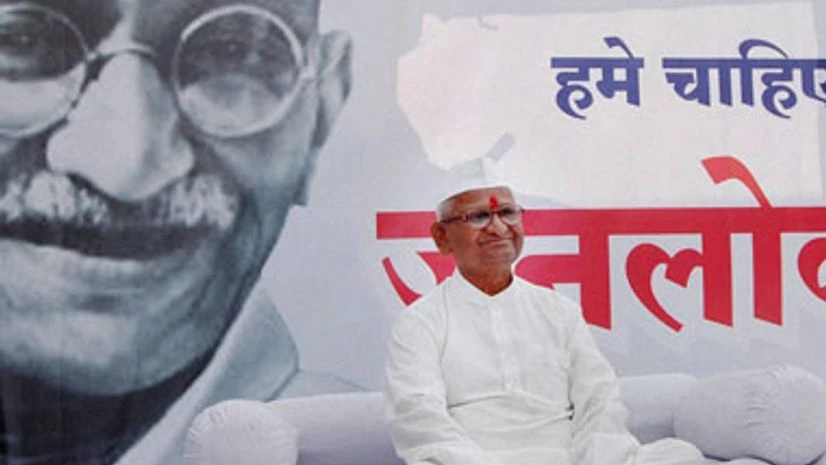On Friday, Minister of State for Personnel V Narayanasamy introduced the amended version of the Bill in the Rajya Sabha amid a huge uproar that forced the upper House to adjourn till 2.30 pm.
The government has agreed to add a provision that investigating officers can't be transferred without the Lokpal's permission. This was a recommendation of an all-party parliamentary committee, reports NDTV.com.
More From This Section
The Bill has been delinked from Lokayuktas in states, with the legislation giving them a year to pass laws to create their version of the ombudsman. Once cleared in the Rajya Sabha, the Lok Sabha will have to incorporate the new amendments before it becomes an act.
The Prime Minister has been exempted from the ambit of Lokpal on issues of external and internal security, atomic energy, international relations and public order.
The Lokpal will have nine members, to be chosen by a committee comprising the Prime Minister, Lok Sabha Speaker, Chief Justice of India, leader of the Opposition in the Lok Sabha and an eminent jurist. The suggestion to choose the fifth member (jurist) on the recommendation of the first four members has been accepted.
Objective | The Bill’s main purpose is to fast-track probe against allegedly corrupt government officials, in an attempt to crack down on rampant corruption at high posts in government.
Significance | The Lokpal creates a mechanism to review, examine and fast track grievances, a much-needed resolve in a country where judicial cases typically drag on for decades.
Complaints registered under the Lokpal would have to be acted on within 60 days of their receipt and are eligible for prosecution in special courts.
Impact | All government servants, including cabinet ministers, chief ministers, members of Parliament and staff of state-funded organisations could be investigated on charges of corruption under the Bill, if approved.
The Bill would allow the anti-corruption body to investigate alleged wrongdoing by the Prime Minister, except on matters related to foreign affairs, security, atomic energy and space.
If passed, the Bill would pave the way for the creation of India’s first independent anti-corruption agency, responsible for conducting a preliminary inquiry into wrongdoings allegedly committed by public servants and punishable under the 1988 Prevention of Corruption Act.
As of now, the Central Vigilance Commission (CVC) is in charge of examining allegations of corruption against public officials. The commission works primarily as an advisory body and does not have the power to start inquiries on its own, relying on the Central Bureau of Investigation (CBI) on the approval of senior bureaucrats.
The government accepted the suggestion made by the House committee to set up a separate directorate of prosecution in the CBI. The officer will be appointed on the recommendation of the CVC.
Criticism | Social activist Anna Hazare and Aam Aadmi Party chief Arvind Kejriwal have criticised the government’s version of the bill, saying it’s too weak. On Tuesday, the 76-year-old anti-corruption crusader started his indefinite hunger strike at his home town Ralegan Siddhi in Maharashtra to press the government for the immediate passage of the Jan Lokpal Bill in Parliament. It is for the fourth time that Hazare is going on a hunger strike in the last three years in support of the Jan Lokpal Bill.

)
